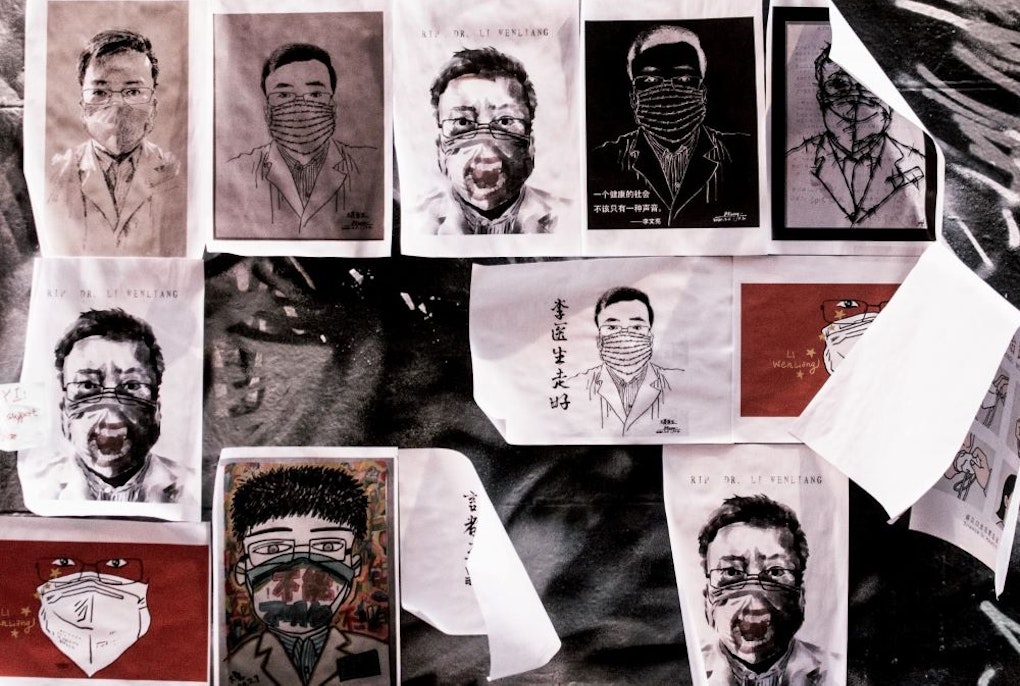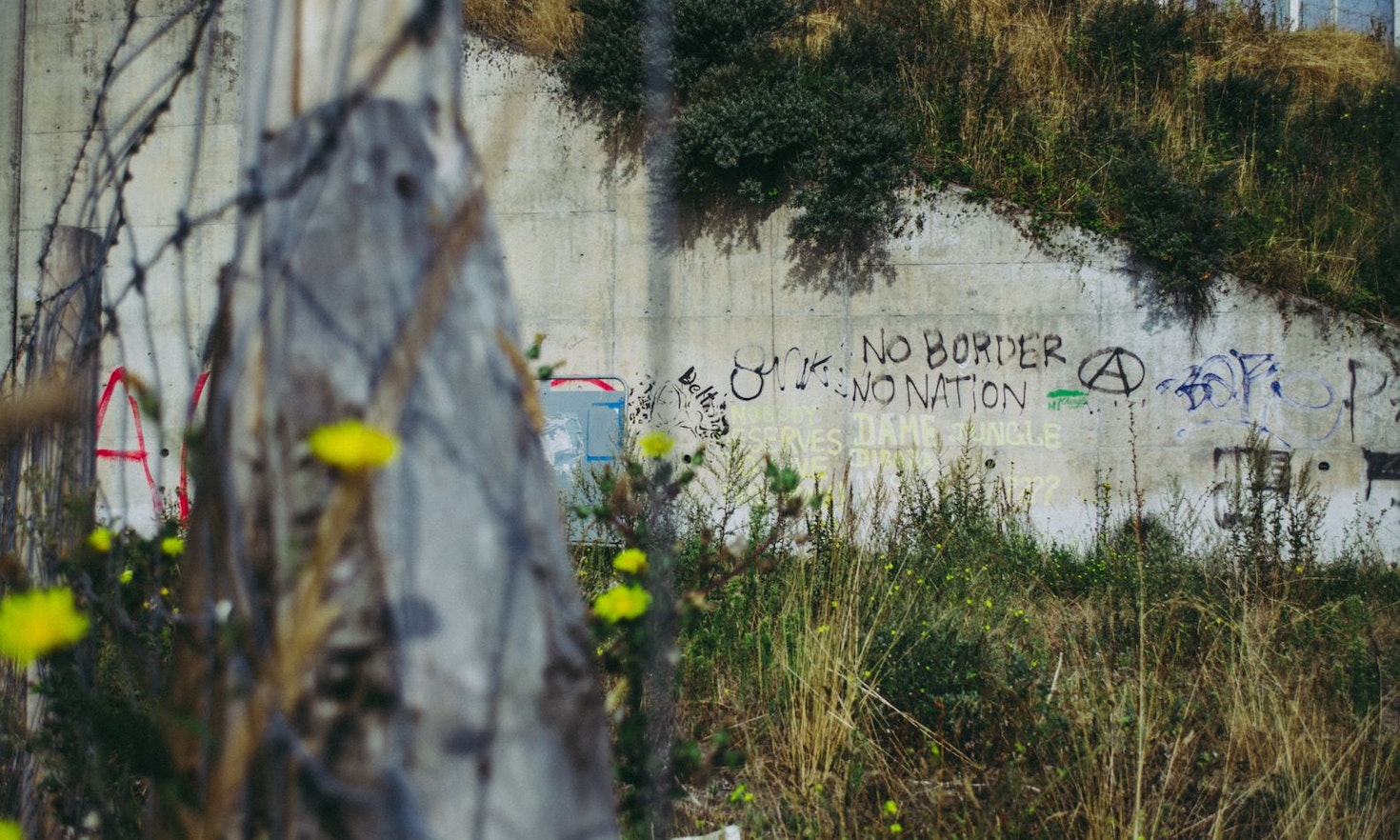
The Covid-19 Whistleblowers
 Cristina Fernández González
Cristina Fernández González
The outbreak of Covid-19 has become the World pandemic of the 21st century, forcing more than 200 countries to enforce strict measures in order to avoid the spread of the virus. As a result, a specific group of people, asylum seekers and refugees, have been subjected to policies of drastic containment and expulsion. Covid-19 is therefore having a serious impact on refugee protection, and, through restrictive measures and legal norms, some states may be in breach of legal obligations under international law.
How are these restrictive measures impacting asylum seekers and refugees? Is it legal to block individuals in need of international protection from claiming asylum in an emergency situation? Will European blocks on migration mobility due to Covid-19 be temporary measures or constitute permanent exclusion? In other words, what will the legacy of the legal policies and practices towards migration immobility be? When the virus recedes, will there be an erosion of the implemented policies, or will it have a permanent impact on future migration mobility?
The immobility of, and restriction on international migration has created a crisis within a crisis. Even without Covid-19, asylum seekers and refugees are confined, in small-sized camps and in poor living conditions. The virus has come at a time when their mobility is even more essential, and could indeed be a life-saving act. The measures and legal norms imposed, have created physical immobility, cutting off this group of people from the outside world. Asylum seekers and refugees on the borders of Europe in Turkey and Greece or the UK and France are now in a much worse situation. Due to the size of the camps, they have been in total lockdown with neither social services, nor social distancing. The camps do not ‘meet basic human rights requirements in hygienic conditions, let alone precautions against the spread of the virus’. Indeed, if their situation was bleak before the virus, following its outbreak their already precarious existence has placed them in even more danger.
States are using the Covid-19 pandemic as grounds to impose measures such as border closures, quarantines, expulsions, and lockdowns against migrants, refugees, and other displaced persons. These measures severely restrict fundamental rights and many countries do not comply with the principles of necessity and/or proportionality, and are thus discriminatory. EU states and other western countries have long been increasing their restrictive measures against refugees. With Covid-19, this has given them a further excuse to refrain from their legal obligation to provide protection for this vulnerable group of people.
Under international and European law, states have a sovereign right to manage their borders and this includes measures to manage risks to public health in the case of a pandemic. However, these measures must be necessary, proportionate and non-discriminatory, and must not prevent individuals from seeking protection from persecution or ill-treatment, and all asylum applications must be registered and processed. The provisions of the European Convention on Human Rights, the Charter of Fundamental Rights of the European Union, and the Schengen Borders Code emphasise that states must provide access to the asylum procedure to people seeking international protection and basic rights. These provisions make it clear that these rights are absolute and there is no derogation from the principle of non-refoulement, even in times of an emergency. According to this principle, states have a duty towards individuals who have arrived at their borders seeking international protection. Moreover, the same principle prohibits the return of refugees or asylum seekers to territories where there are substantial grounds for believing that they would be in danger of being subjected to torture or ill-treatment. The prohibition on refoulement applies in the context of non-admission, rejection at a border, and on the high seas. It is generally agreed within the literature that, due to developments in international human rights law in the twentieth century, protection under this right is absolute. As such, the principle of non-refoulement is regarded as a cardinal principle of modern refugee law, and an accepted principle of customary international law.
The implications of this, are that states cannot refuse entry to all asylum applicants while at the same time implementing measures to address Covid-19 at their borders. This practice is contrary to the said provisions and could violate the principle of non-refoulement. On 16 March, 2020, the European Commission adopted a communication and called for a temporary restriction on non-essential travel to the EU in view of Covid-19; tellingly, it also exempted persons in need of international protection from these temporary restrictions.
Nevertheless, and despite clear international obligations to the contrary, states have still adopted blanket measures to exclude asylum seekers from their territories. Italy and Malta have both declared their shores unsafe due to the pandemic and rejected asylum seekers coming across the Mediterranean in need of international protection. In fact, the European Council on Refugees and Exiles (ECRE) has published an information sheet containing a non-exhaustive list of measures on asylum and migration which have been introduced by EU member states in response to the Covid-19 health crisis. Several states, including Cyprus, the Netherlands, Poland, Spain and many others have either suspended asylum procedures or not accepted new asylum seekers. Other countries such as Armenia, Estonia, Georgia, Latvia and Romania have submitted derogations from the ECHR under Article 15 to border closures and limitations on entry. State practice shows that European borders have been officially closed, meaning that thousands of asylum seekers and refugees are forced to remain in regions where they are suffering from persecution and conflict, unable to escape.
Despite a severe drop of 43% in asylum applications in Europe since the outbreak of the pandemic, the European Asylum Support Office (EASO) has warned that there may be a reversal in this trend. There is a medium to high risk of an influx of asylum seekers and refugees from the Middle East and North Africa due to the recrudescence of ISIS, famine, conflict, and security risks. EASO further warns that low and lower-middle income countries may be at higher risk of a second wave outbreak of Covid-19. Therefore, the EASO recommends that European countries process asylum applications by conducting remote interviews for international protection. International migration has been halted by states’ response to Covid-19, and it will almost certainly be subject to policies of even more drastic containment and expulsion in the near future. In their response, states have imposed lockdowns, closed borders, restricted internal movement and ordered social distancing and curfews. These measures have harmful effects on migrants and other displaced persons, not only because they restrict the right of asylum seekers to apply for international protection, but also because they are unlawful. It is crucial that these measures, and the derogation used by states on the grounds of the emergency situation, are only temporary. Once the pandemic passes, the measures must/should certainly not have a long-lasting disproportionate effect on the lives of asylum seekers and refugees. To evaluate the effect, in a few years’ time, the measures adopted during this period can be analysed to identify what lasting impact they have had on the human rights of asylum seekers and refugees.
 |
Abdullah Omar Yassen is a lecturer in Public International Law and the Head of the Cultural Relations Unit in the International Office at Erbil Polytechnic University. He received his PhD in International Refugee Law at Newcastle University, his LLM with Merit, in Public International Law from the University of Leicester, a Postgraduate Diploma in International Law from the University of Nottingham, and an LL.B Law with Honours from the University of Derby. Dr. Yassen is an external legal expert in the field of international protection for the European Asylum Support Office (EASO), and Independent Monitoring Officer at SEEFAR/ Migrant Project. Dr. Yassen has published several papers in the field of forced migration, refugees, and minority rights, and has also participated in many national and international conferences, workshops and seminars. |
This content is licensed under a Creative Commons Attribution 4.0 International license.

 Cristina Fernández González
Cristina Fernández González
 Giulia Isetti
Giulia Isetti
 Sonia Gantioler
Sonia Gantioler